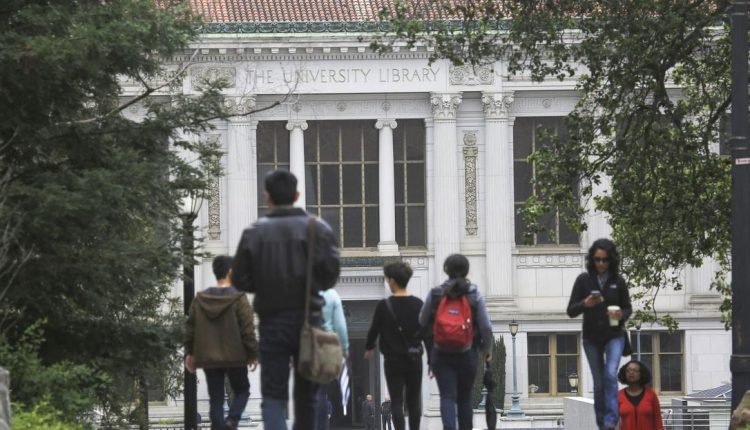Pay gap persists among M.B.A. graduates
By KELSEY GEEThe Wall Street Journal
Wed., Feb. 6, 2019
For people of colour, getting a master of business administration degree brings big career benefits, but the degree still doesn’t ensure equal pay with white classmates, according to a new study.
Going into M.B.A. programs, white students surveyed earned an average salary of $71,294 (U.S.), while minorities surveyed earned 24% less at $57,640, data from the Forté Foundation showed. Upon graduation, that pay gap narrowed to 16%, with minorities earning $101,505, on average, to their white counterparts’ $117,834. That is equivalent to 86 cents on the dollar.
The Haas School of Business at the University of California at Berkeley recently added a series of optional questions to its full-time M.B.A. application, asking candidates to describe how they were raised, their parents’ education level and whether they were ever responsible for supporting family members or others.
The Haas School of Business at the University of California at Berkeley recently added a series of optional questions to its full-time M.B.A. application, asking candidates to describe how they were raised, their parents’ education level and whether they were ever responsible for supporting family members or others. (JIM WILSON / THE NEW YORK TIMES)
“I’ve always said the M.B.A. is the great equalizer of opportunity,” Forté Foundation Chief Executive Elissa Sangster said. “We now know that isn’t true.”
Sangster has worked for 15 years at the Forté Foundation, raising money for scholarships for women of all races and ethnic backgrounds to go to business school. She said some business programs are proactively trying to boost the diversity of students on campus, but barriers remain once students graduate.
“There are still all of these other constraints on the choices women and minorities make while they’re progressing through their career, like the company they choose to work for or the need for flexibility to care for family,” Sangster said.
To research how career outcomes for M.B.A. graduates vary by gender and race, Forté Foundation surveyed 900 men and women who earned their degree between 2005 and 2017. Students who identified as black, Hispanic or Native-American received a bigger pay increase upon graduation, averaging a 76% salary gain, the data show. Their nonminority peers’ salaries rose by 65%, on average. But the gains come on top of unequal pay, leaving a pay gap, says Michelle Wieser, the interim dean of the business school at St. Catherine University, who led the research.
The findings are striking at a time when business schools are under intense pressure to prove their value to a diverse pool of prospective students, and enrolment in many programs is on the decline.
Once considered a crucial rung on the corporate career ladder, business has been the most popular field for graduate studies since the late 1970s, when white men earned three out of every four degrees, according to federal data. In 2017, around 57% of M.B.A. students identified as white, compared with 54% of master’s students in all fields, according to a survey of 407 programs accredited by Association to Advance Collegiate Schools of Business.
Some elite business schools are investing heavily in new diversity initiatives and hope to attract more minorities by funding more scholarships.
The Haas School of Business at the University of California at Berkeley recently added a series of optional questions to its full-time M.B.A. application, asking candidates to describe how they were raised, their parents’ education level and whether they were ever responsible for supporting family members or others. The goal is to provide admissions officers with information about the challenges that students may have had to overcome, said Elida Bautista, Haas’s director of diversity and inclusion.


